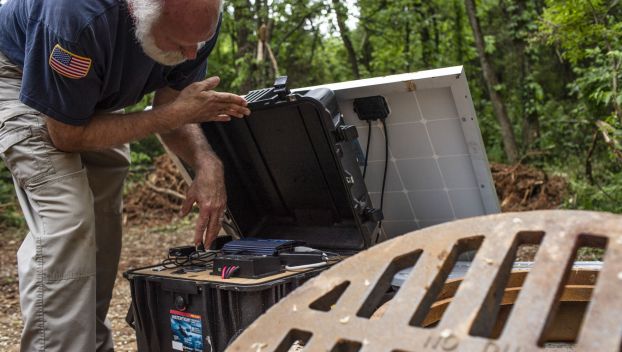
News
Lost River Cave resuming tours amid environmental investigation
After more than a month of closures, Lost River Cave reopened the underground park for boat tours Monday. ... Read more

After more than a month of closures, Lost River Cave reopened the underground park for boat tours Monday. ... Read more